The incident not only exposed the increasingly sophisticated and reckless scale of crime in the publishing sector, but also posed a major challenge to the protection of consumer rights, especially for students and theeducation sector. This is a warning bell for authorities about a long-term battle, requiring stronger and more synchronous involvement than ever before.
Fake Textbooks - Danger from Toxic Pages
According to the indictment, from 2021 to 2023, the group of defendants led by Tran Hung Cuong (Director of Phu Hung Phat Production and Trading Company Limited) organized the illegal printing, processing and consumption of 1.6 million fake textbooks, illegally profiting tens of billions of VND. To deceive the authorities, the subjects used many "ghost" factories, disguised printing contracts and distributed through a system of stores and agents in many provinces and cities across the country.
The boldness and sharpness of the printed text and images are clearly different.
It is not difficult to see that the consumption of fake textbooks has been and is happening widely, especially at the beginning of each new school year. Fake books are often 20-40% cheaper than real books, have thin covers, poor quality paper, easily fading ink, many spelling errors, and even seriously incorrect content. Many parents, due to financial constraints or lack of information, have accidentally bought fake books without knowing it, seriously affecting their children's learning and knowledge acquisition.
More worryingly, counterfeit textbooks also negatively impact the quality of education, undermine people's trust in the publishing system, seriously infringe on the intellectual property rights of publishers, and cause economic and reputational damage. According to a representative of the Vietnam Education Publishing House, each year this unit coordinates with authorities to handle hundreds of cases related to pirated and counterfeit books, but the actual number may be much larger.
The War of Relentlessness
In recent times, the police, market management and other authorities have conducted many inspections and raids in key areas. In 2023 alone, the Ministry of Public Security discovered and handled more than 60 cases of production and trade of fake textbooks nationwide, seizing nearly 2 million books and tons of printing paper of unknown origin.
The quality of pirated books is worse than that of genuine books.
The case of dismantling a ring producing 1.6 million fake textbooks is the result of a months-long investigation and reconnaissance process. From unusual signs in transportation, the Hanoi Police force coordinated with the Department of Internal Political Security - Ministry of Public Security and the Market Management force to find clues to the "underground" printing establishments, dismantling all links in the chain. According to the assessment of the leader of the Department of Cultural and Ideological Security, Hanoi City Police, this is a particularly serious case, clearly demonstrating the level of disregard for the law and exploitation of loopholes in publishing management by the subjects. Bringing the defendants to trial is a stern warning to those who are assisting or participating in the illegal printing and distribution of fake books.
However, the fight against counterfeit books does not stop at criminal prosecution. This is a battle that requires the decisive, long-term and comprehensive participation of the entire political system, in which the People's Public Security force continues to play a core role in detecting, investigating and prosecuting violators.
What is the solution to prevent it from the root?
Firstly, it is necessary to improve the legal framework and increase the level of penalties for illegal printing and trading of fake books. Currently, the administrative fine of 5 to 20 million VND is too low compared to the profits from illegal printing and is not enough of a deterrent. There should be specific regulations on criminal prosecution for organized, large-scale acts that cause serious consequences.
Second, it is necessary to enhance the responsibility of publishers in managing the printing and distribution chain. The application of anti-counterfeiting QR code technology and electronic traceability stamps must be deployed more synchronously and transparently, helping consumers easily check product information and origin.
Third, promote propaganda and raise public awareness of the harmful effects of fake books. Parents and teachers need to be instructed on how to distinguish between real and fake books, and encouraged to buy books at reputable bookstores to avoid aiding and abetting law violations because of cheap prices.
Finally, it is necessary to build a more effective coordination mechanism between the police, market management, education, media and local authorities to promptly and promptly handle violations. The strict handling of cases such as the recent case of 1.6 million counterfeit books should be considered a "model case", contributing to creating deterrence and cleaning up the publishing market.
Textbooks are not only commercial products but also educational tools, a means of transmitting knowledge, nurturing the personality and future of an entire generation. The production and consumption of fake textbooks is not only a violation of the law but also a crime against education and knowledge. Therefore, the fight against fake books must be considered an important, long-term political task and must be carried out with the determination and consensus of the whole society. It is not only the responsibility of the police force but also an order of action for the national interest, for the future of the country.
Source: https://cand.com.vn/giao-duc/dau-tranh-voi-nan-sach-giao-khoa-gia-menh-lenh-bao-ve-tri-thuc-va-tuong-lai-dat-nuoc-i774230/


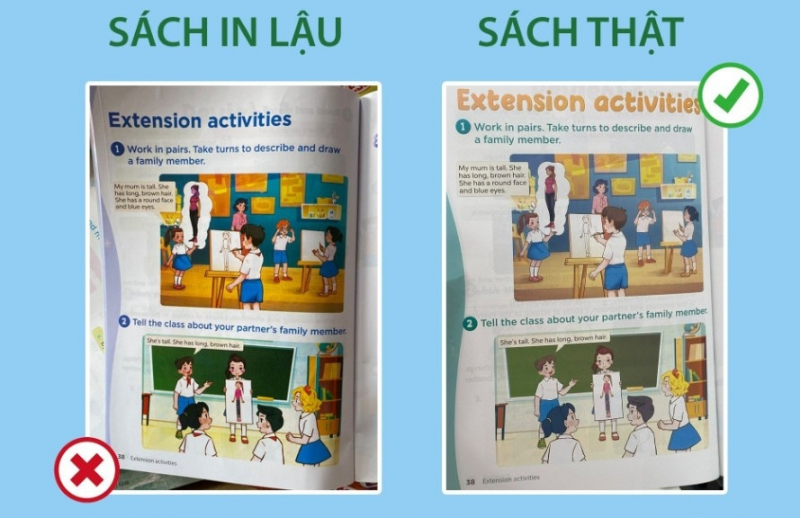
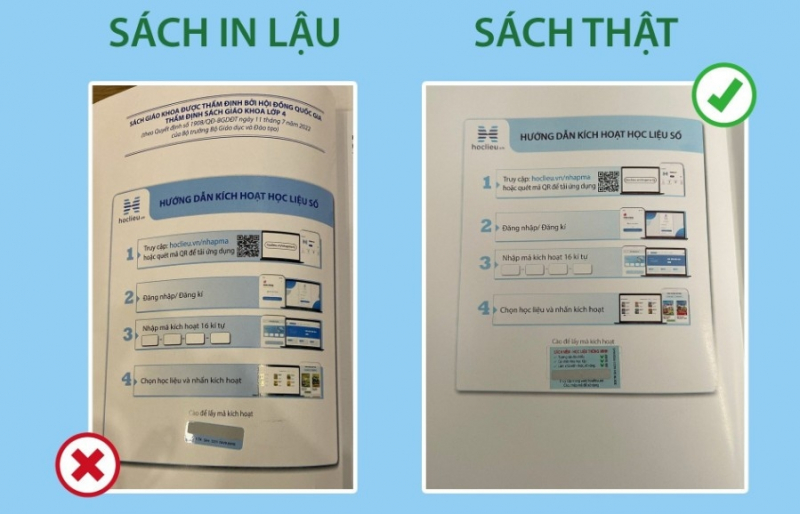




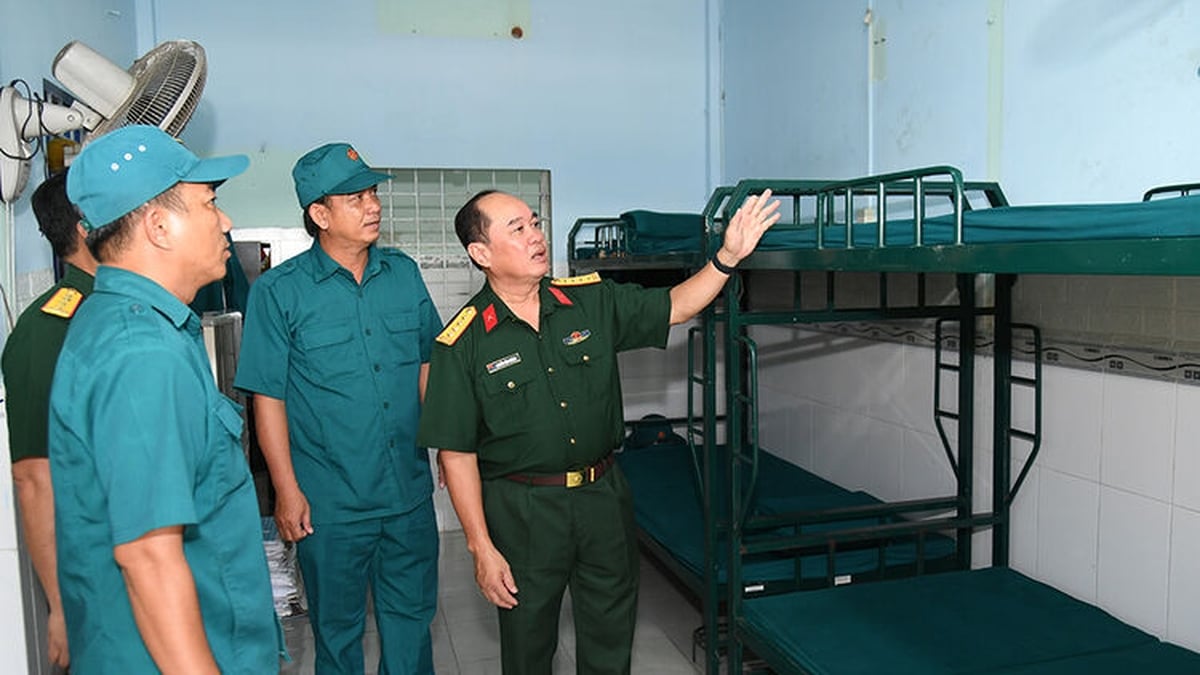
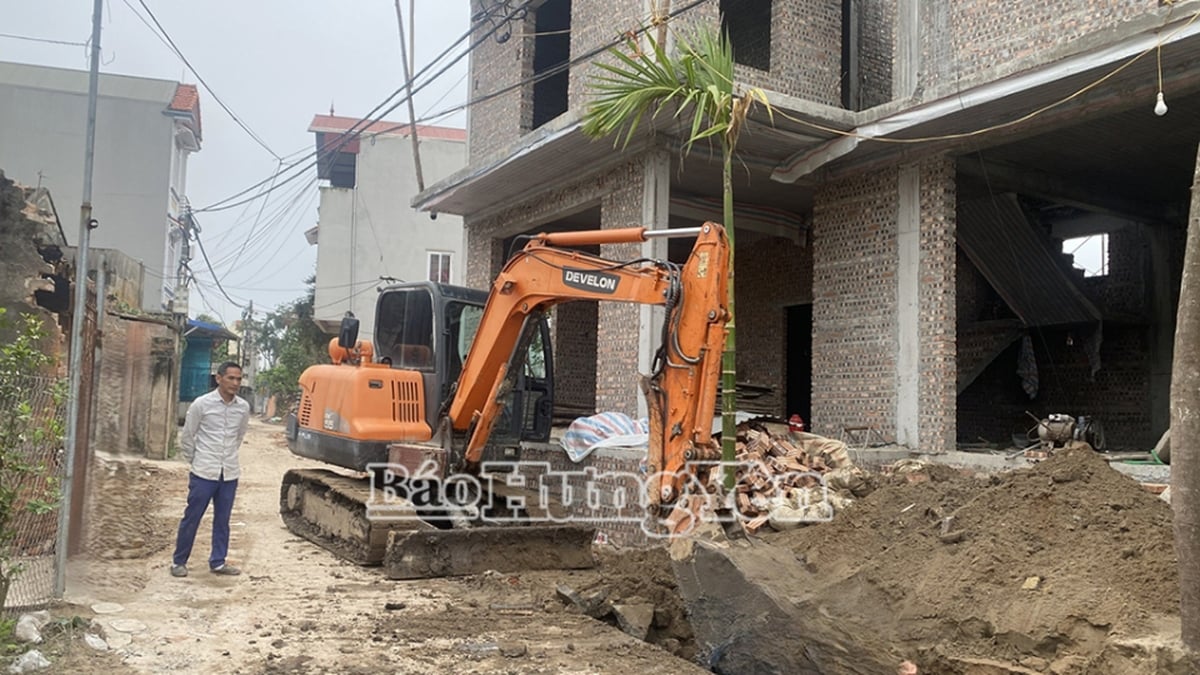

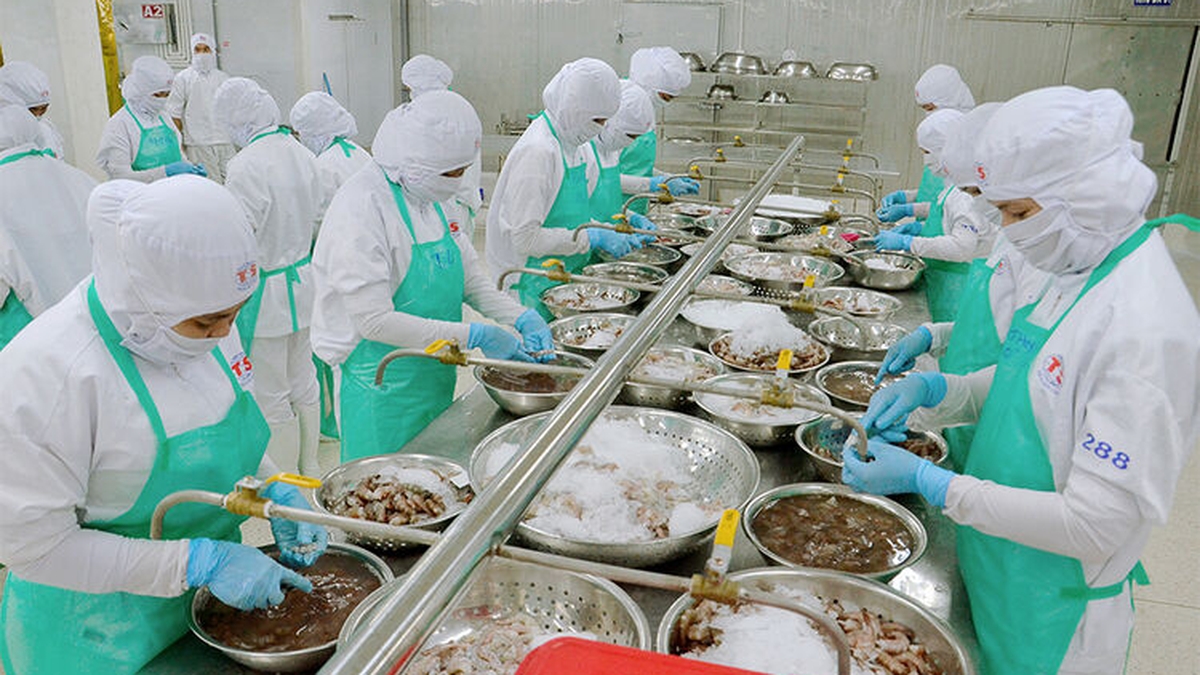















































![[Maritime News] Treasury Department Targets Diverse Networks Facilitating Iran's Oil Trade](https://vphoto.vietnam.vn/thumb/402x226/vietnam/resource/IMAGE/2025/7/14/43150a0498234eeb8b127905d27f00b6)





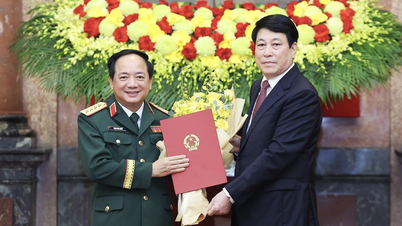








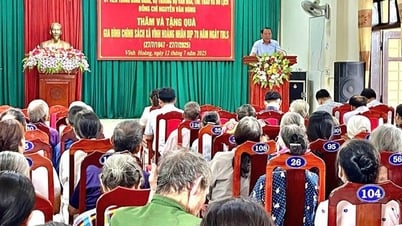



























Comment (0)